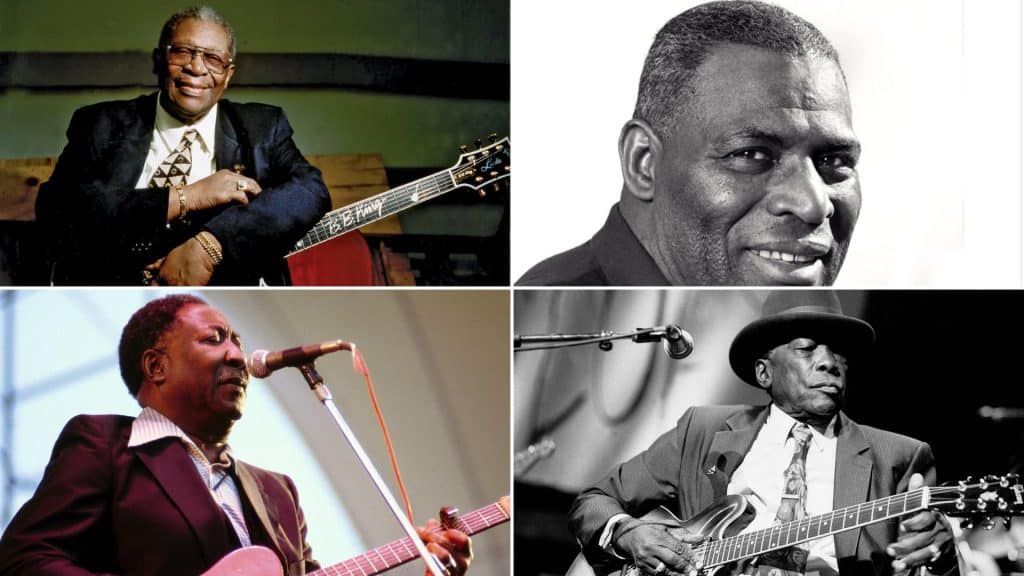The blues, born from the African-American experience, has long been a powerful vehicle for expressing life’s joys and sorrows.
With its distinctive chord progressions and emotional depth, the blues has captivated audiences and influenced countless musical genres.
At the heart of this development were iconic black male blues singers whose voices and instruments told profound stories that shaped American music.
From the Mississippi Delta to Chicago, these musicians set the standards for the blues and inspired the rise of rock, R&B, and beyond.
Their struggles and artistry created a lasting legacy that resonates in modern music.
This series explores the lives and contributions of twenty legendary blues artists, each of whom left an indelible mark on music and culture.
Join us as we uncover the stories behind these influential figures and their enduring impact.
Top 20 Black Male Blues Singers
1. B.B. King
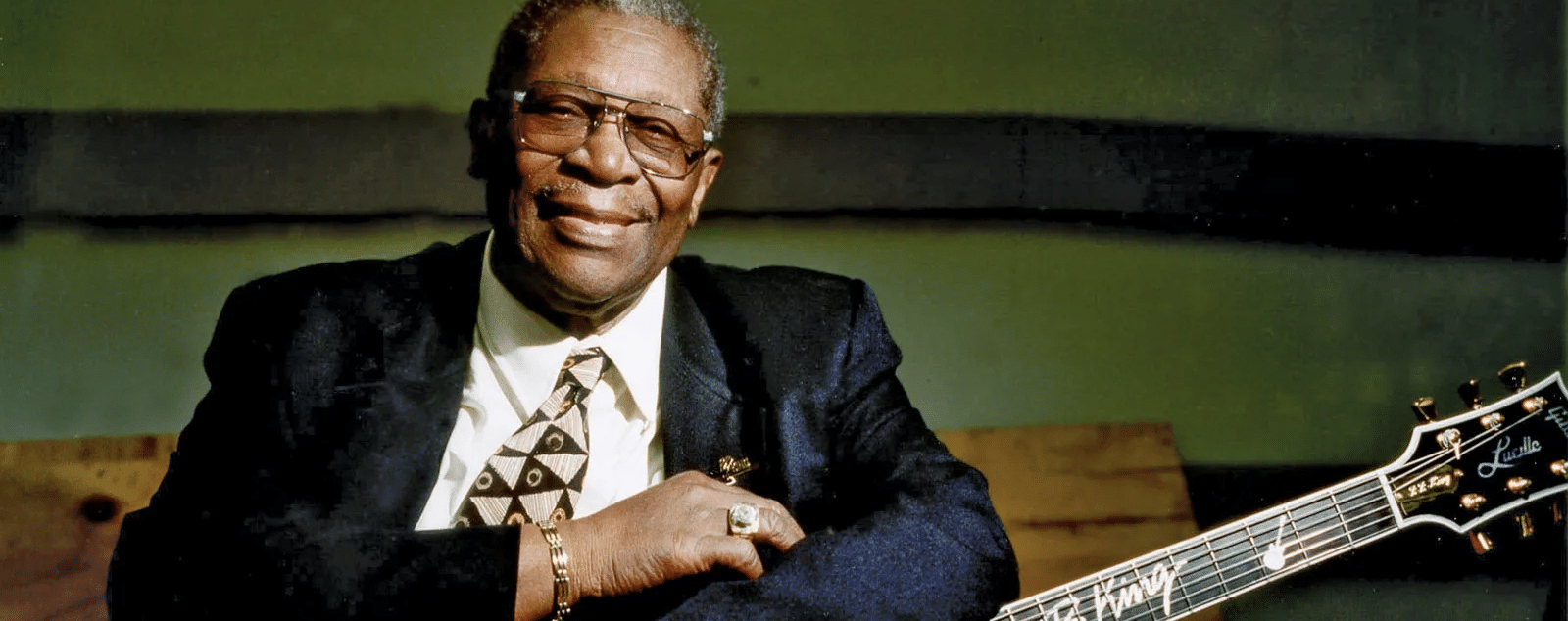
- Lucille: B.B. King famously named each of his guitars “Lucille,” a tradition that began after he risked his life to save his guitar from a burning building.
- King of the Blues: Recognized globally as the “King of the Blues,” King’s sophisticated soloing style on the electric guitar influenced generations of musicians.
- Grammy Awards: B.B. King won 15 Grammy Awards over his career, showcasing his lasting impact on music.
2. Muddy Waters
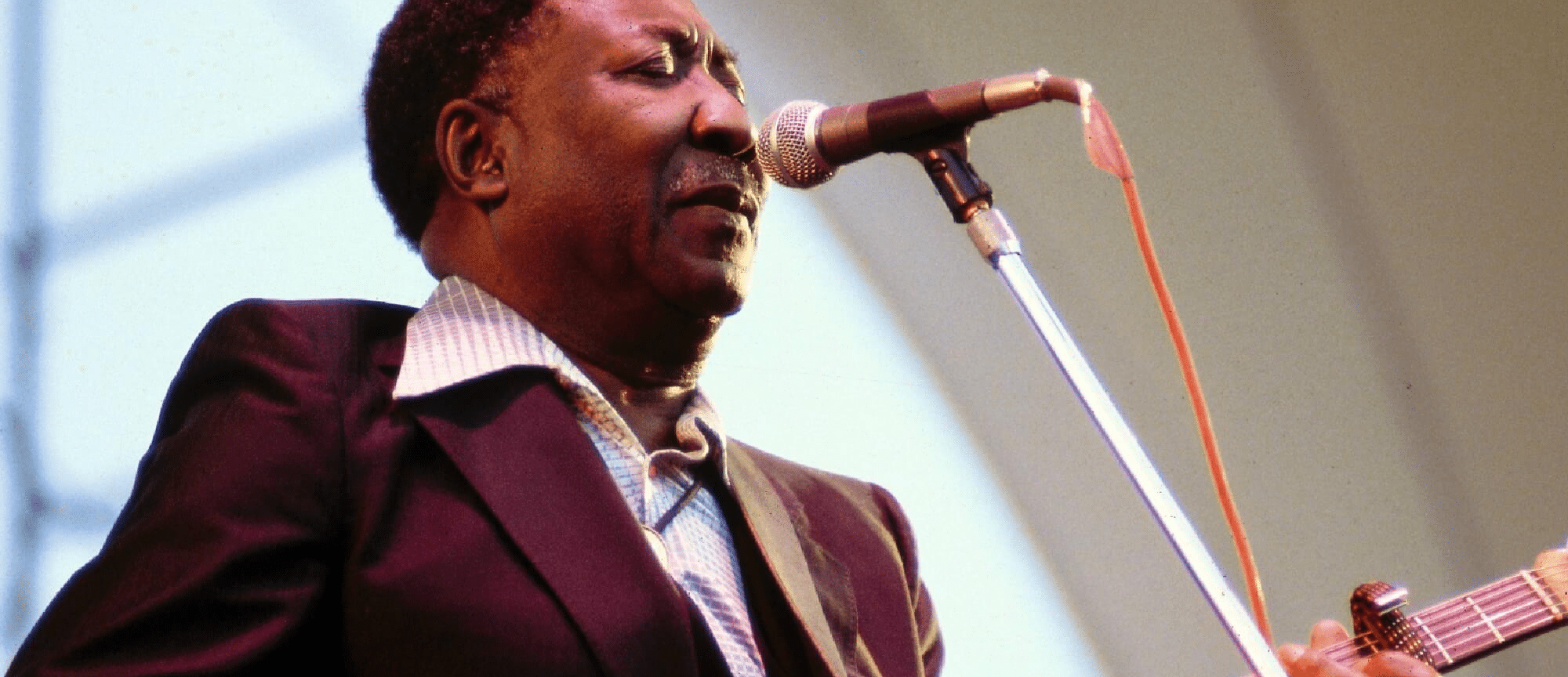
- Electric Blues Pioneer: Muddy Waters was instrumental in developing electric blues and the post-war Chicago blues sound.
- Rolling Stone Influence: His style influenced rock bands such as The Rolling Stones (who named themselves after one of his songs) and Led Zeppelin.
- Plantation to Fame: Born on a plantation in Mississippi, Waters brought the Delta blues north to Chicago, where he transformed it with an electric guitar.
3. John Lee Hooker
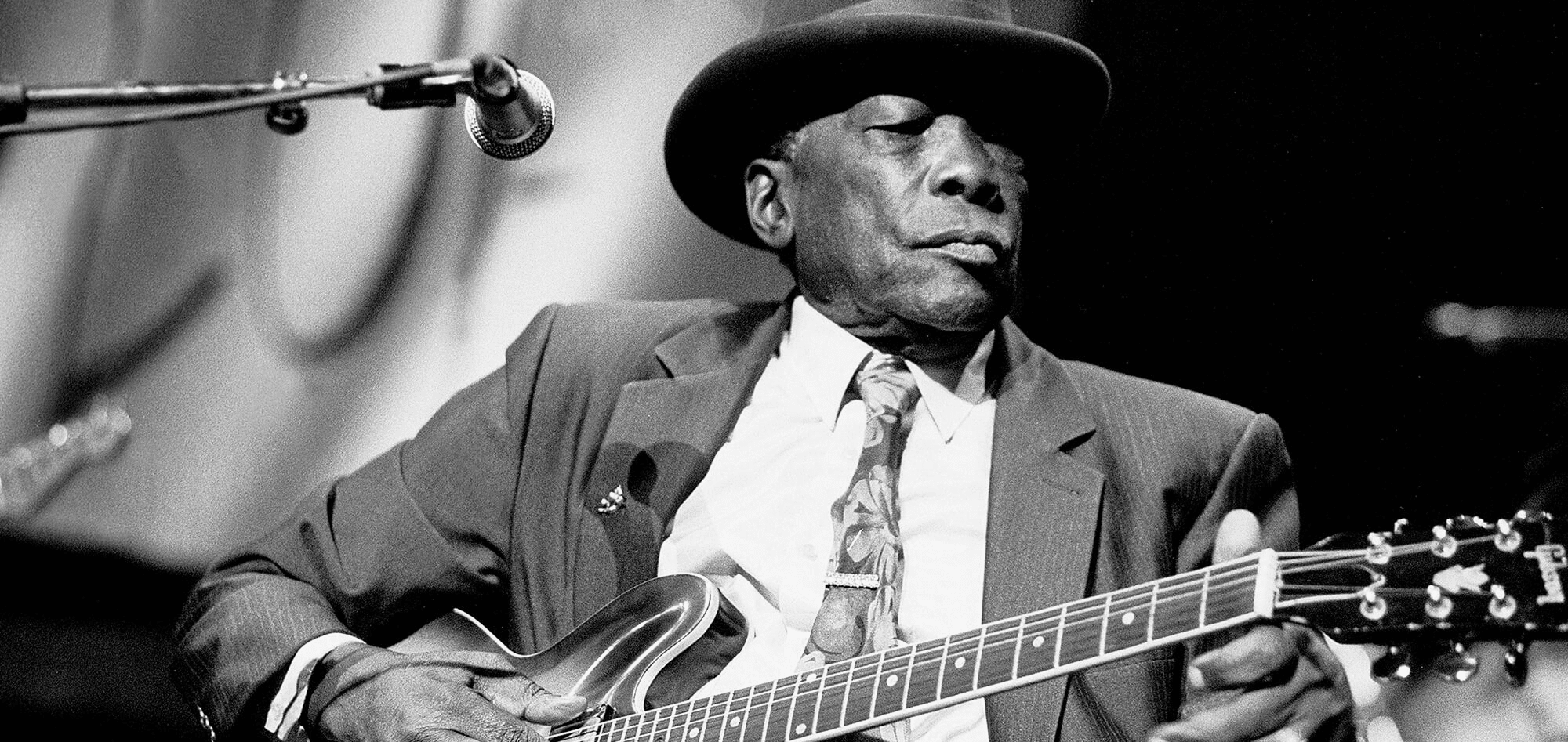
- Boogie Chillen’: His first major hit, “Boogie Chillen,'” became a number-one jukebox hit and is considered a blues standard.
- Enduring Career: Hooker’s career spanned over five decades, during which he developed a unique style known as “talking blues.”
- Collaborations: Hooker collaborated with numerous artists, crossing over into other genres and influencing rock musicians like Van Morrison and Carlos Santana.
4. Howlin’ Wolf
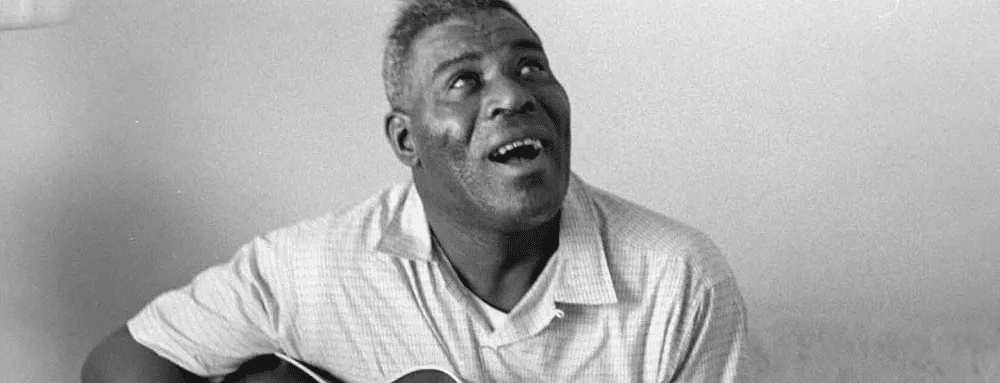
- Powerful Voice: Known for his deep, gravelly voice, Howlin’ Wolf was commanding in the blues scene.
- Chess Records: Much of his most influential work was recorded with Chess Records, where he produced hits like “Smokestack Lightnin'” and “Spoonful.”
- Influence on Rock: His music profoundly influenced rock artists like Eric Clapton and The Rolling Stones, who covered his songs.
5. Robert Johnson

- Cross Road Blues: Legend has it that Johnson gained his incredible guitar skills from a pact with the devil at a crossroads.
- King of the Delta Blues Singers: His recording sessions in 1936 and 1937 produced songs that would become blues standards and shape the future of American music.
- Posthumous Recognition: Though he died young and relatively unknown, his music gained significant recognition and influence posthumously, impacting genres from rock to blues.
6. Buddy Guy
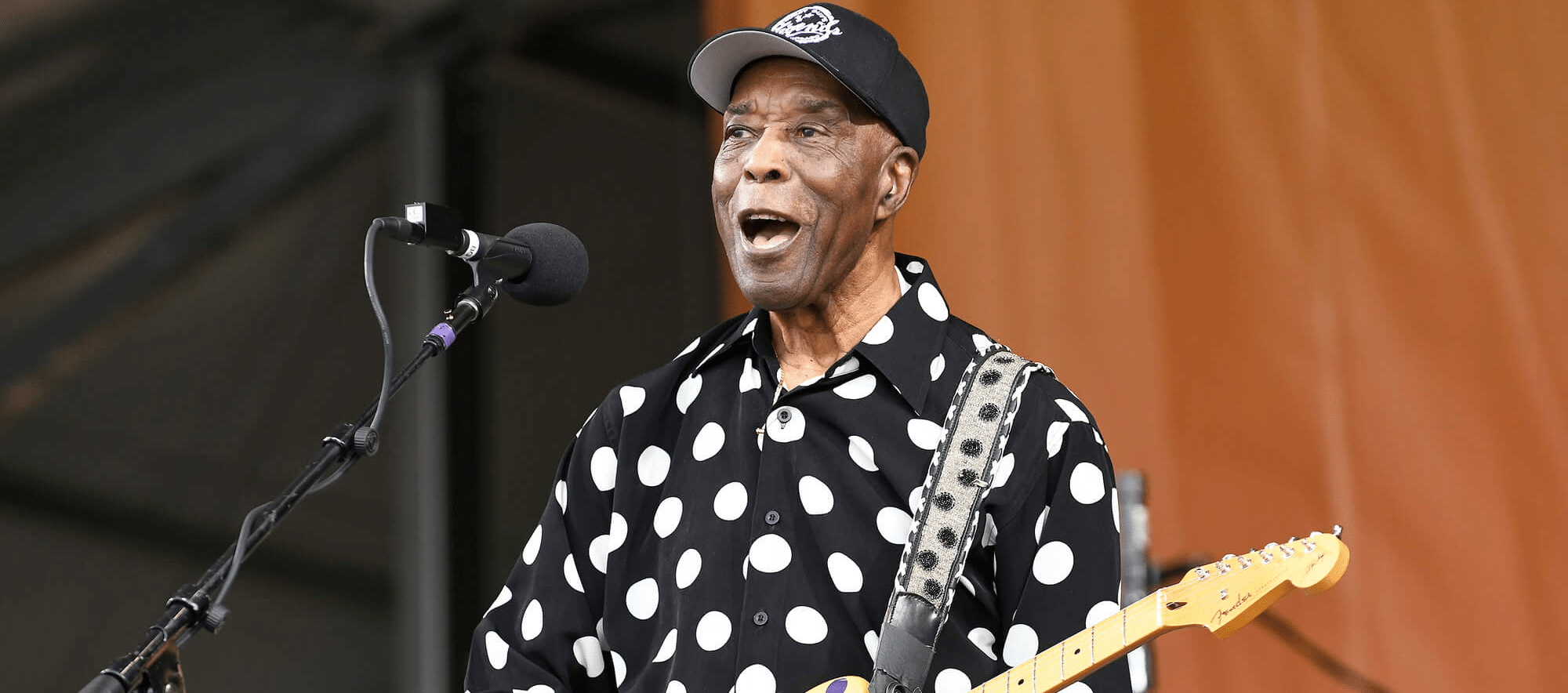
- Influential Guitar Techniques: Buddy Guy, known for his pioneering guitar techniques, including distortion and feedback, has influenced guitarists across various genres, including Jimi Hendrix.
- Chicago Blues Living Legend: Guy is one of the last living connections to the classic era of the Chicago blues and has been vital in its preservation and evolution.
- Multiple Awards: He has won 8 Grammy Awards and received the National Medal of Arts, affirming his significant contribution to blues music.
7. Albert King
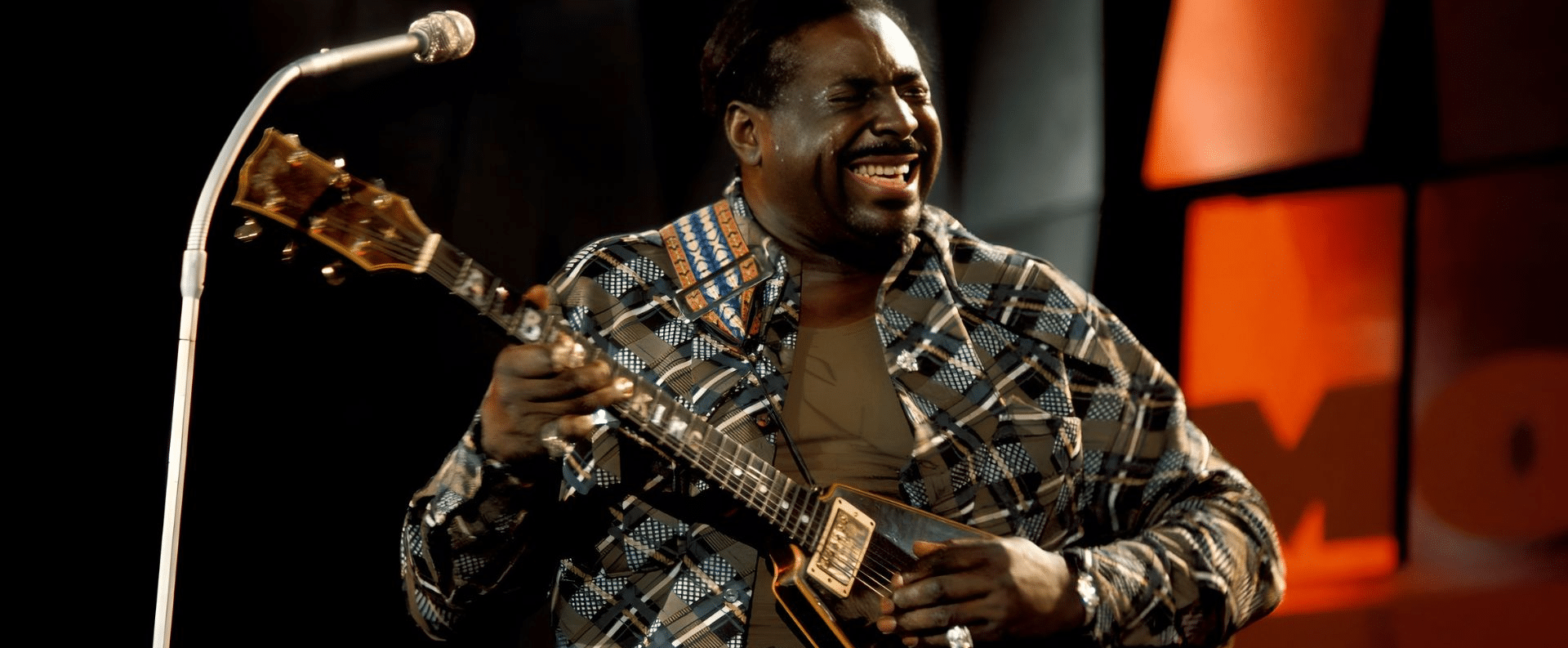
- “The Velvet Bulldozer”: Known for his powerful build and smooth voice, King was a force in blues music. He often used a flying V guitar, which became his symbol.
- Influence on Guitarists: His expressive bending of notes and powerful vibrato influenced many rock and blues guitarists, including Eric Clapton and Stevie Ray Vaughan.
- Cross-genre Appeal: Albert King’s style bridged various musical styles, incorporating soul, funk, and blues, making his work broadly influential.
8. Son House

- Delta Blues Foundation: Son House is celebrated for his raw, emotional singing style and potent slide guitar playing, making him a seminal figure in the Delta blues tradition.
- Rediscovery and Revival: He was rediscovered during the blues revival in the 1960s, which brought his music to a wider audience and revitalized his career.
- Influence on Rock Musicians: House greatly influenced contemporary musicians like Muddy Waters and Robert Johnson and, through them, the future generations of rock musicians.
9. Freddie King

- Blending Styles: Known for merging Texas and Chicago blues, Freddie King’s guitar playing blended rawness and sophistication, appealing to blues and rock audiences.
- “The Texas Cannonball”: His powerful performance style earned him the nickname “The Texas Cannonball.”
- Impact Beyond Blues: King influenced guitarists across genres, including rock legends like Eric Clapton and Mick Taylor of The Rolling Stones.
10. Elmore James
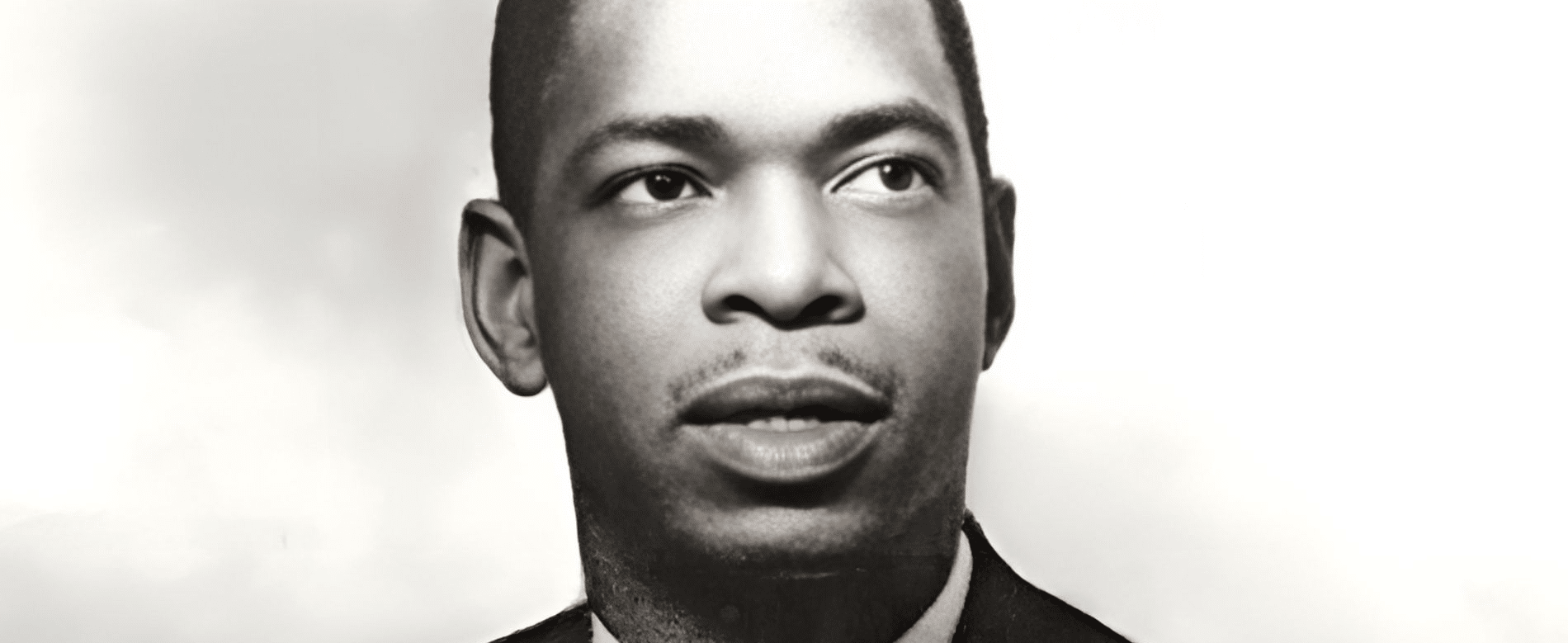
- “King of the Slide Guitar”: Elmore James was famous for his robust and emotional slide guitar style, which has been widely imitated.
- Iconic Track: His song “Dust My Broom” is one of the most recognizable blues tracks, featuring his signature slide guitar riff.
- Lasting Legacy: Despite his early death at age 45, James’s music continues to impact the blues and rock genres, revered for its raw power and emotion.
11. Lightnin’ Hopkins
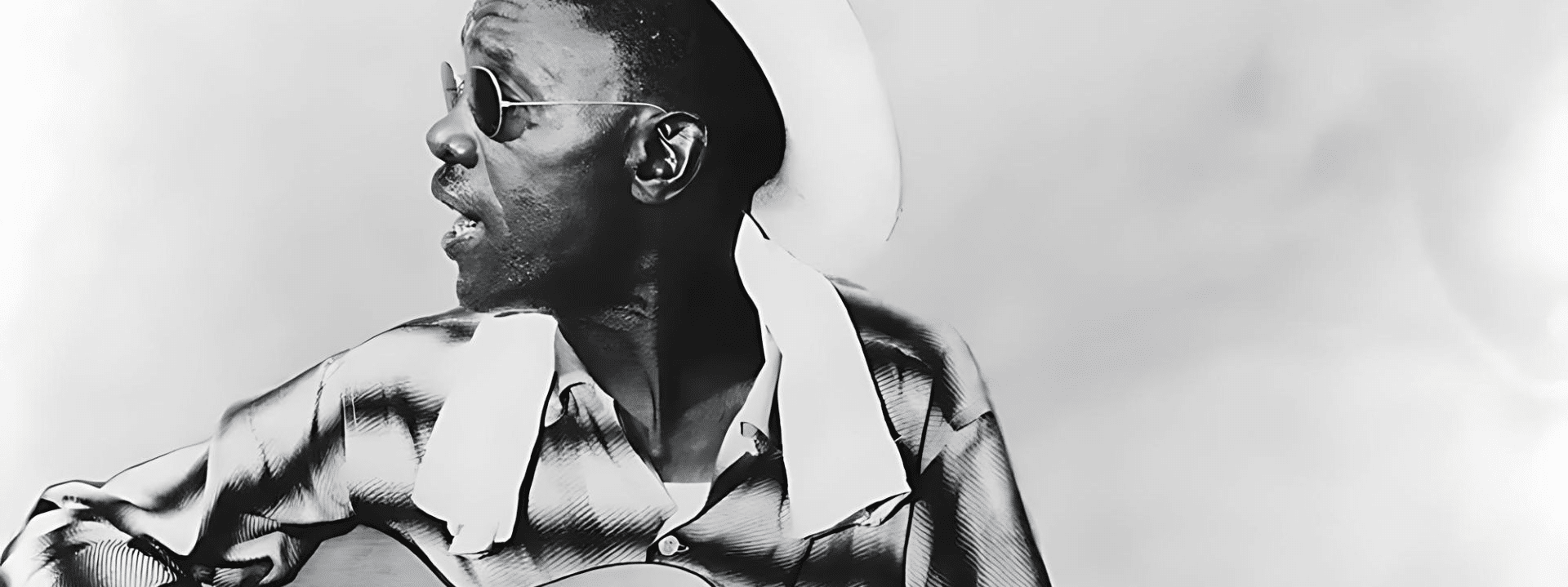
- Prolific Songwriter: Lightnin’ Hopkins was known for his prolific output, recording over a thousand songs in his career, which spanned five decades.
- Improvisational Style: His music was noted for its free-form improvisation, allowing him to create a deeply personal connection with each performance.
- Influence on Folk and Rock: Hopkins influenced the American folk music revival and inspired artists such as Bob Dylan and the Grateful Dead.
12. Lead Belly

- Wide Musical Range: Lead Belly was proficient in multiple instruments and styles, known for his songs like “Midnight Special” and “Goodnight, Irene.”
- Archivist of Folklore: His vast repertoire included folk, blues, gospel, and work songs, making him a key figure in preserving American folk music.
- Posthumous Fame: Though he received more recognition posthumously, his work has deeply influenced the folk and rock scenes and has been covered by numerous artists.
13. Little Walter
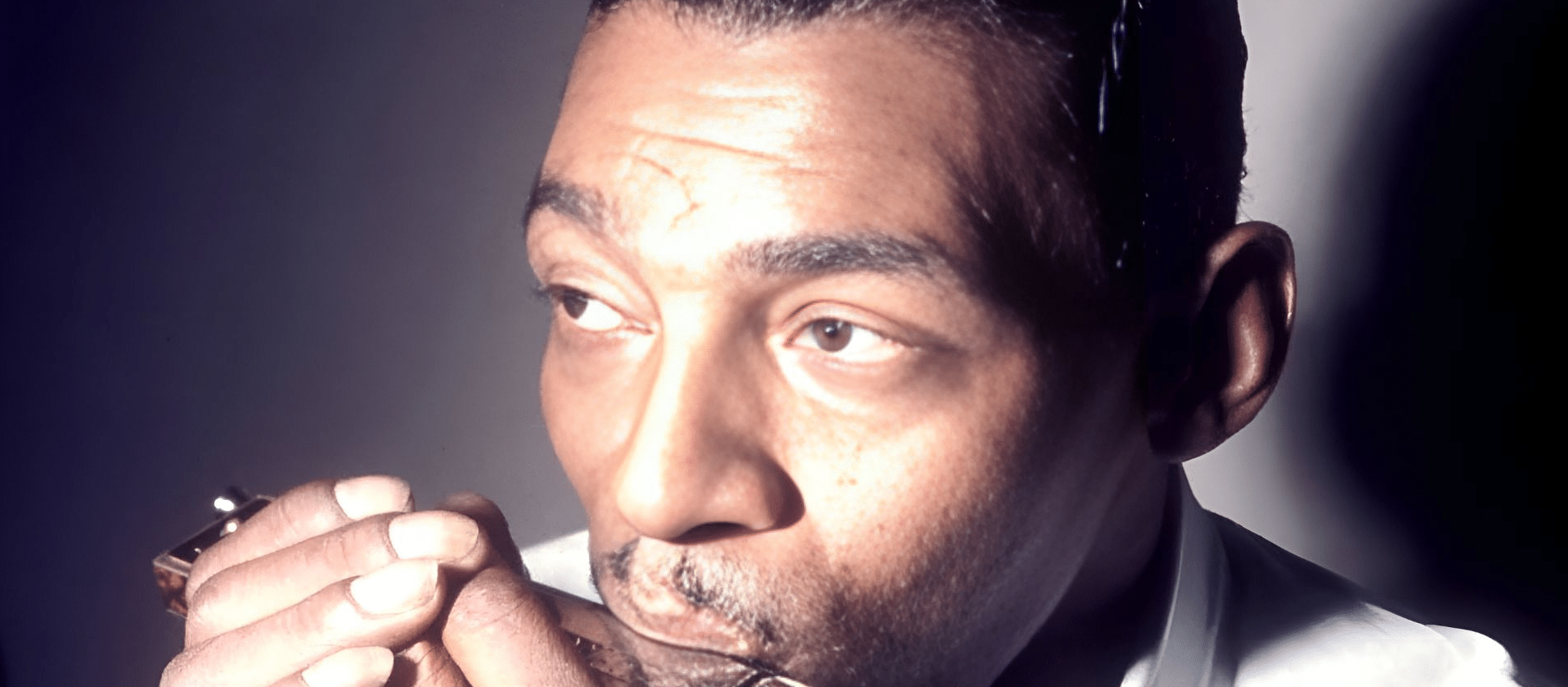
- Harmonica Innovator: Little Walter revolutionized the use of the harmonica in blues, being the first to amplify it to create a distorted, echoing effect that became a staple in blues music.
- Chess Records Star: His work with Chess Records produced classics like “Juke” and “My Babe,” which remain influential in harmonica blues.
- Lasting Impact: Walter’s innovative techniques transformed the harmonica into a lead instrument in blues bands, influencing countless musicians.
14. Blind Lemon Jefferson
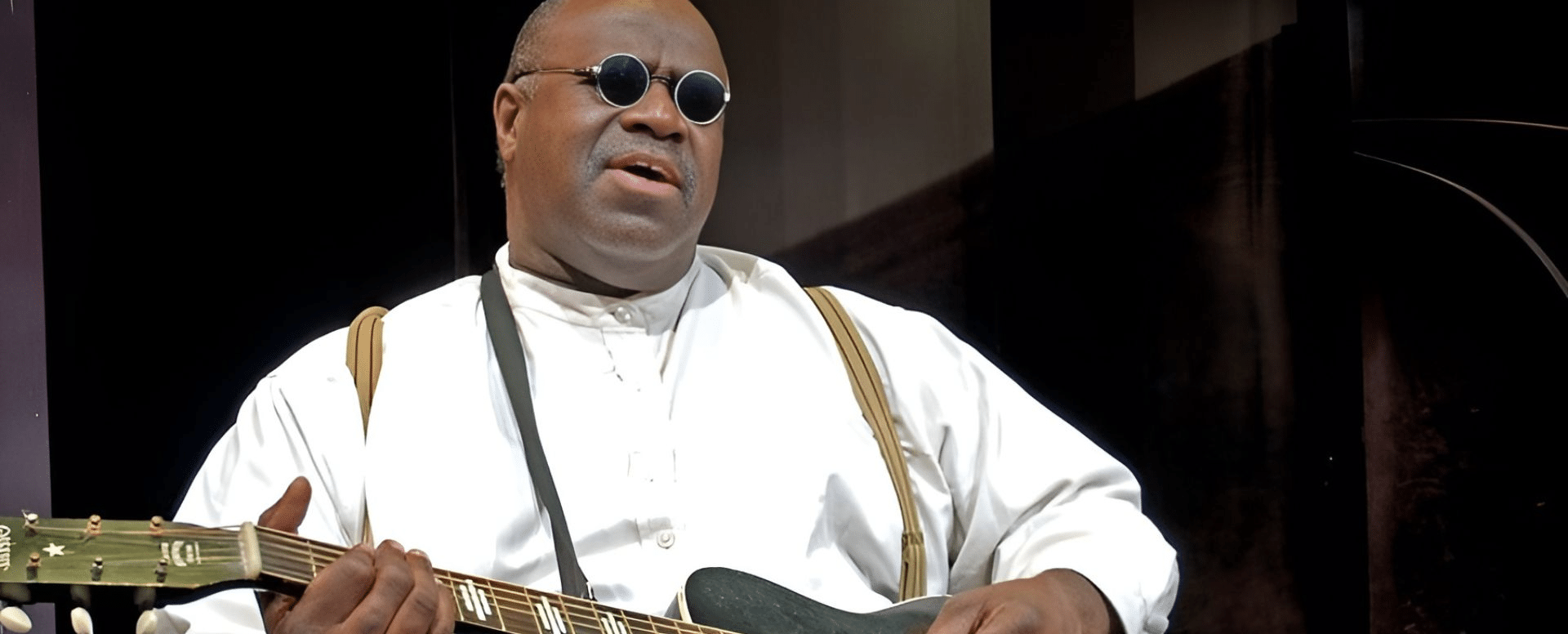
- Pioneer of the Blues: As one of the earliest successful recording artists of the blues genre, Jefferson’s music helped define the Texas blues sound.
- Influential Guitar Technique: His complex and fast guitar playing set a high standard for blues musicianship in the early 20th century.
- Legacy and Influence: Many artists have covered his songs, such as “Matchbox Blues” and “See That My Grave Is Kept Clean,” influencing the blues and rock genres.
15. T-Bone Walker
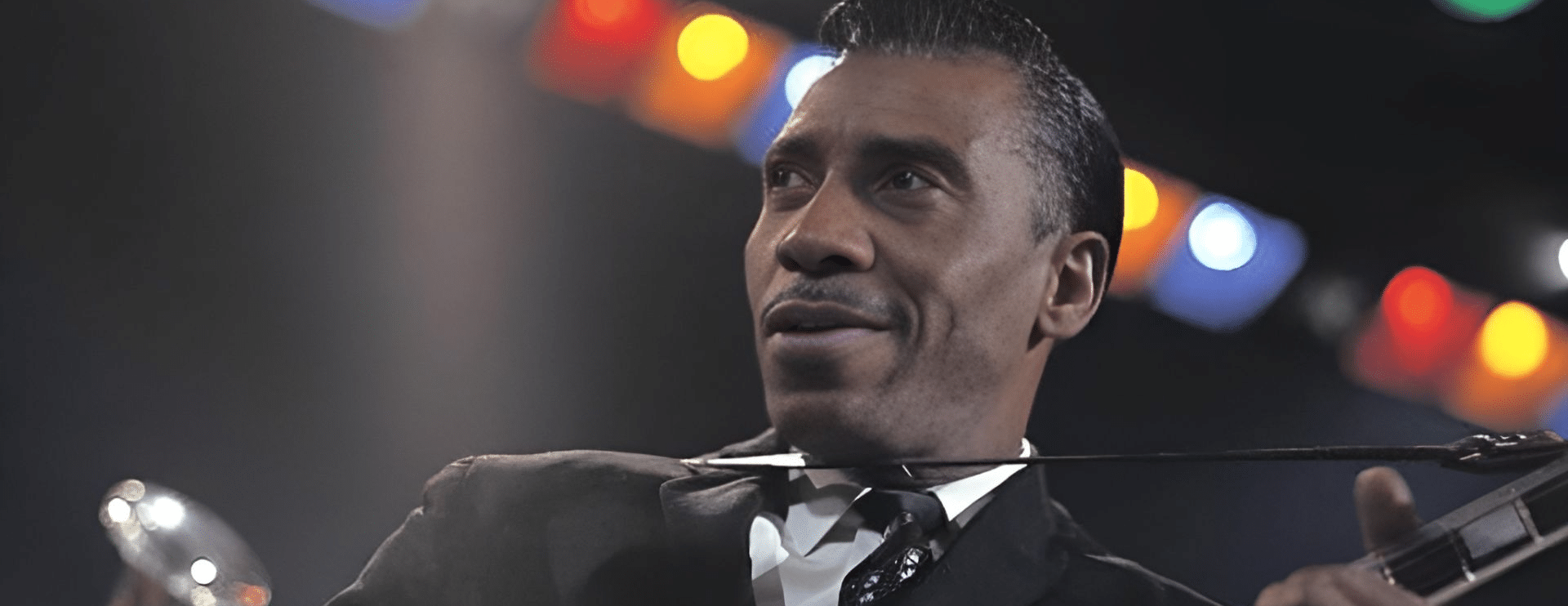
- Electric Blues Innovator: T-Bone Walker is often credited with pioneering the electric guitar sound in blues, influencing the development of rock and roll guitar playing.
- Signature Song: His hit “Call It Stormy Monday (But Tuesday Is Just as Bad)” remains a blues standard.
- Musical Legacy: Walker’s smooth, polished style and charismatic stage presence set the template for postwar blues and early rock performers.
16. Junior Wells
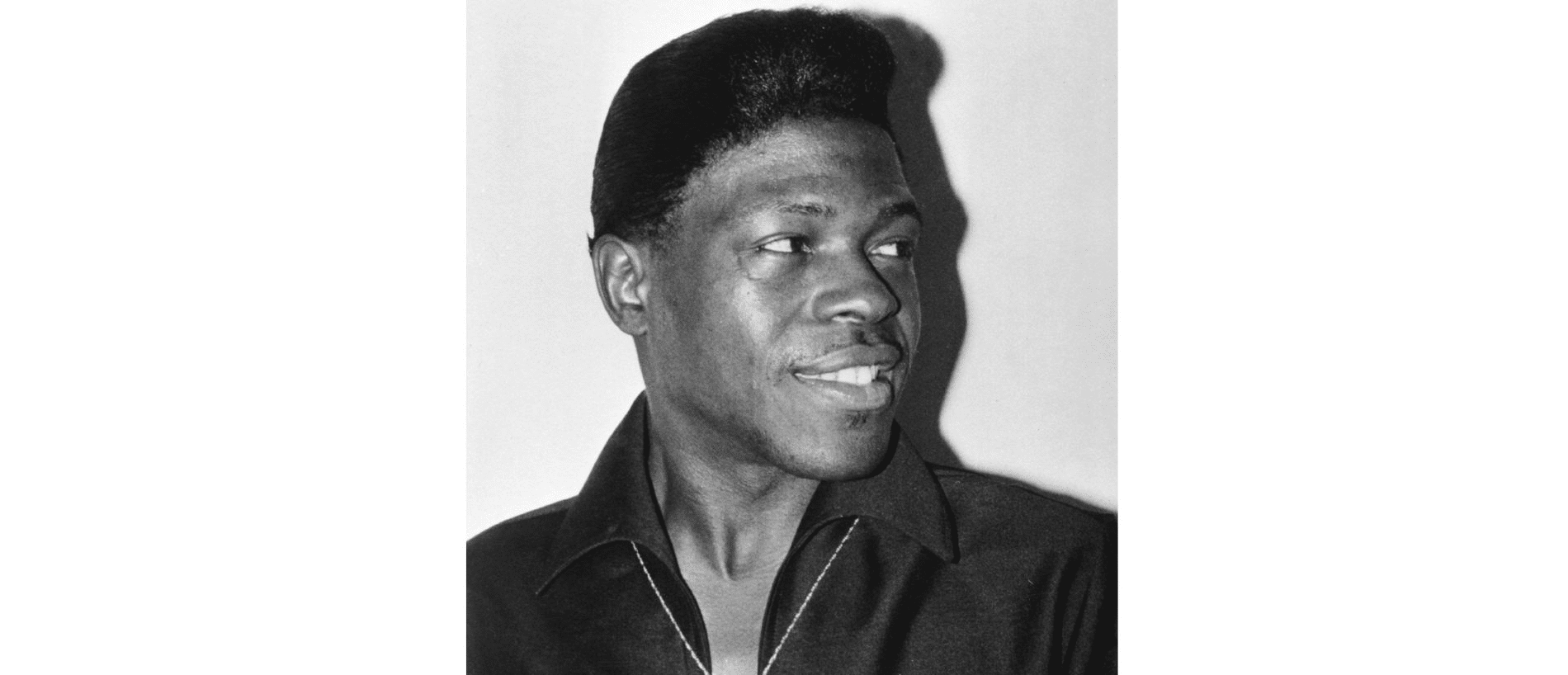
- Chicago Blues Standard: Junior Wells is best known for defining the Chicago blues sound, particularly through his work with harmonica and vocal performances.
- Famous Collaboration: His long-time partnership with guitarist Buddy Guy produced some of the most influential blues recordings of the 1960s.
- Hits Like “Hoodoo Man Blues”: Wells’s album “Hoodoo Man Blues” is considered one of the greatest blues albums of all time, showcasing his innovative approach to harmonica playing.
17. Otis Rush
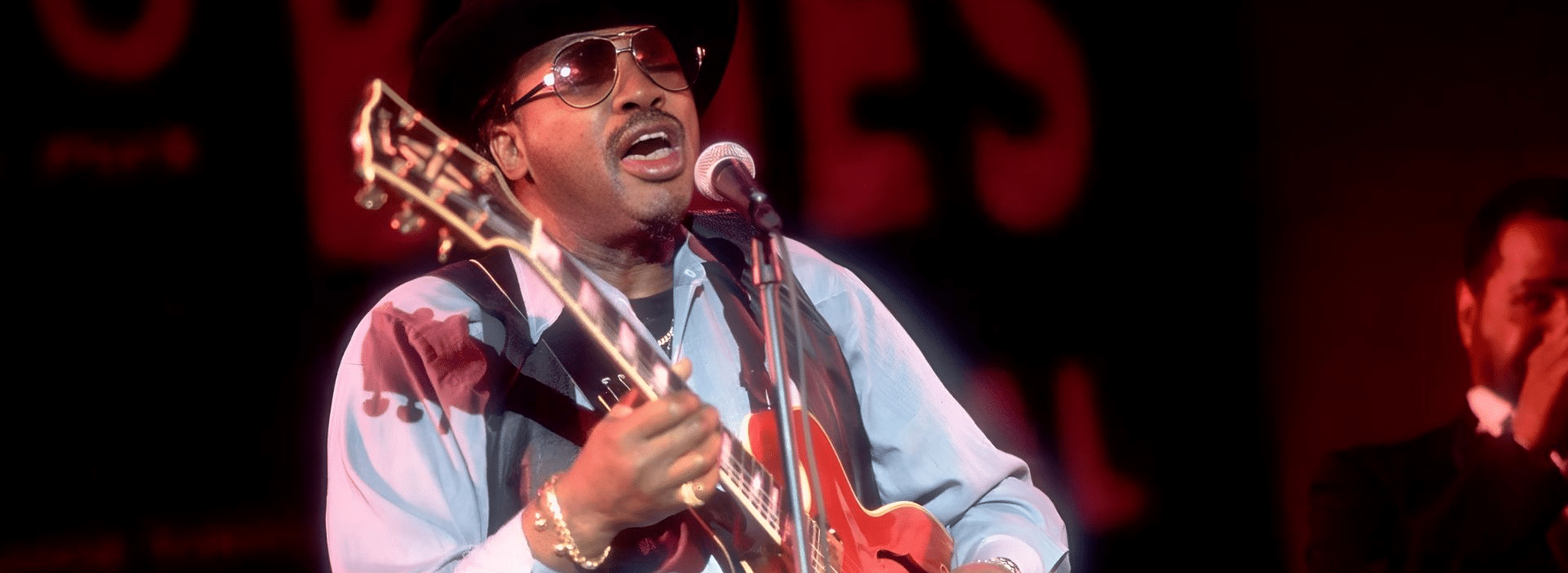
- West Side Sound Innovator: Otis Rush was a key figure in developing the “West Side Sound,” characterized by its more jazz-influenced, guitar-heavy sound.
- Emotional Guitar Style: Rush is known for his passionate guitar playing, which includes vibrato and long, bent notes. This style has influenced countless blues and rock musicians.
- Critical Acclaim: Despite not achieving the same commercial success as some of his peers, Rush is highly regarded by blues enthusiasts and musicians for his deep emotional expression.
18. Willie Dixon
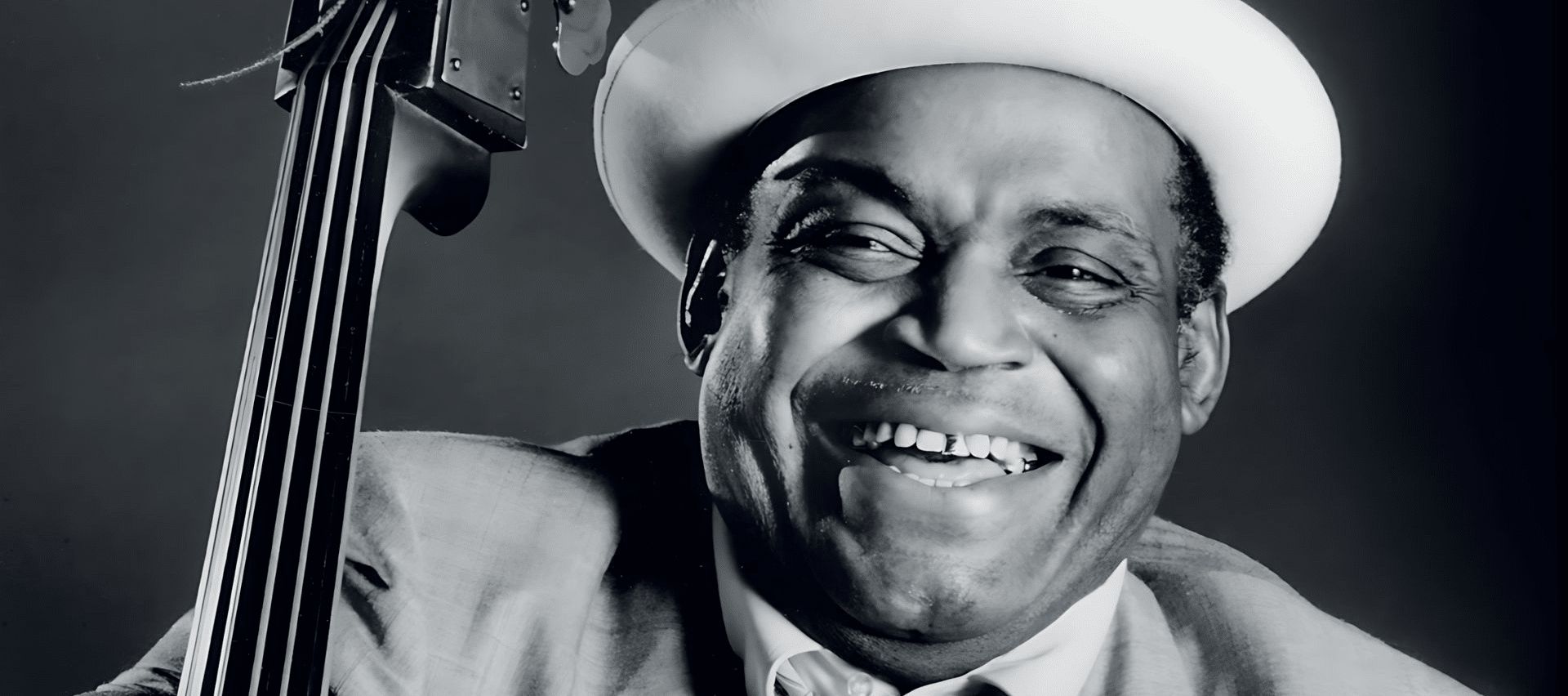
- Blues Songwriting Maestro: Willie Dixon was a prolific songwriter and is responsible for some of the most enduring blues songs ever written, including “Hoochie Coochie Man,” “I Just Want to Make Love to You,” and “Little Red Rooster.”
- Impact on Rock Music: Various rock bands, from the Rolling Stones to Led Zeppelin, have covered his songs, influencing the genre’s development.
- Preservation and Promotion: Beyond performing, Dixon was instrumental in preserving the blues legacy through his work as a producer and talent scout for the Chess Records label.
19. Charley Patton
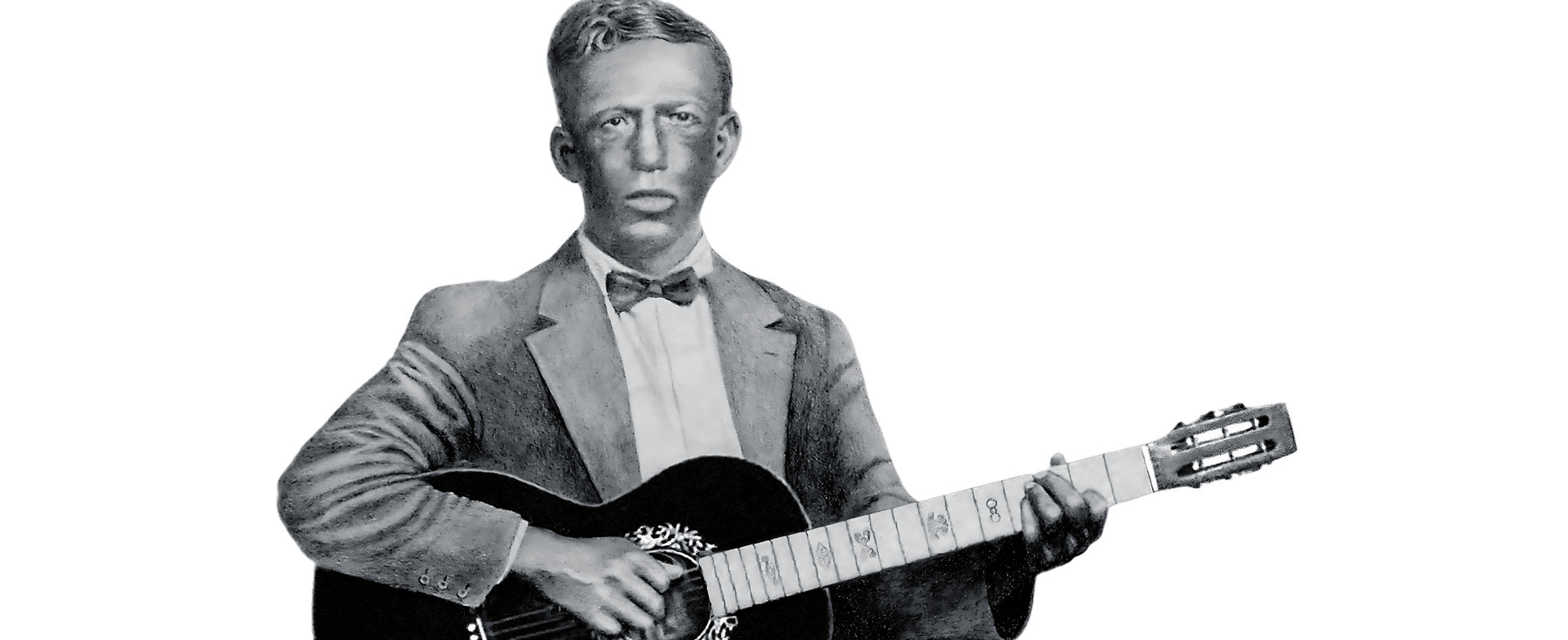
- Father of the Delta Blues: Often considered the “Father of the Delta Blues,” Charley Patton was a foundational figure in the genre, influencing subsequent generations of blues musicians.
- Vocal and Guitar Power: Patton’s powerful voice and strong guitar rhythms made him an iconic figure in blues music, capable of commanding large audiences.
- Legacy and Recordings: Although many of his recordings are from the late 1920s and early 1930s, they continue to be celebrated for their raw energy and historical significance.
20. Skip James

- Distinctive Sound: Skip James is noted for his unique, eerie singing style and dexterous finger-picking guitar technique.
- Blues Revival Figure: Rediscovered during the 1960s blues revival, James’s music, particularly songs like “Devil Got My Woman,” influenced many artists in the folk and rock scenes.
- Influence and Contributions: His music is characterized by a haunting quality that has made it some of the most influential in the Delta blues tradition, inspiring a wide range of musicians across different genres.
Conclusion
The stories and music of these influential black male blues singers have shaped the evolution of various musical genres and given voice to cultural expressions that continue to resonate today.
Their legacies, preserved through recordings, live shows, and tributes, inspire artists and audiences worldwide.
As we reflect on their profound impact, it’s clear that the heart of the blues—its emotional depth and raw expressiveness—remains a powerful reflection of the human experience.
These musicians were more than just singers and instrumentalists; they were storytellers and cultural trailblazers whose art transcended time and place, weaving itself into the fabric of music.
Through their struggles and triumphs, they created a timeless soundtrack that continues to move and inspire us, reminding us of the enduring power of the blues.


